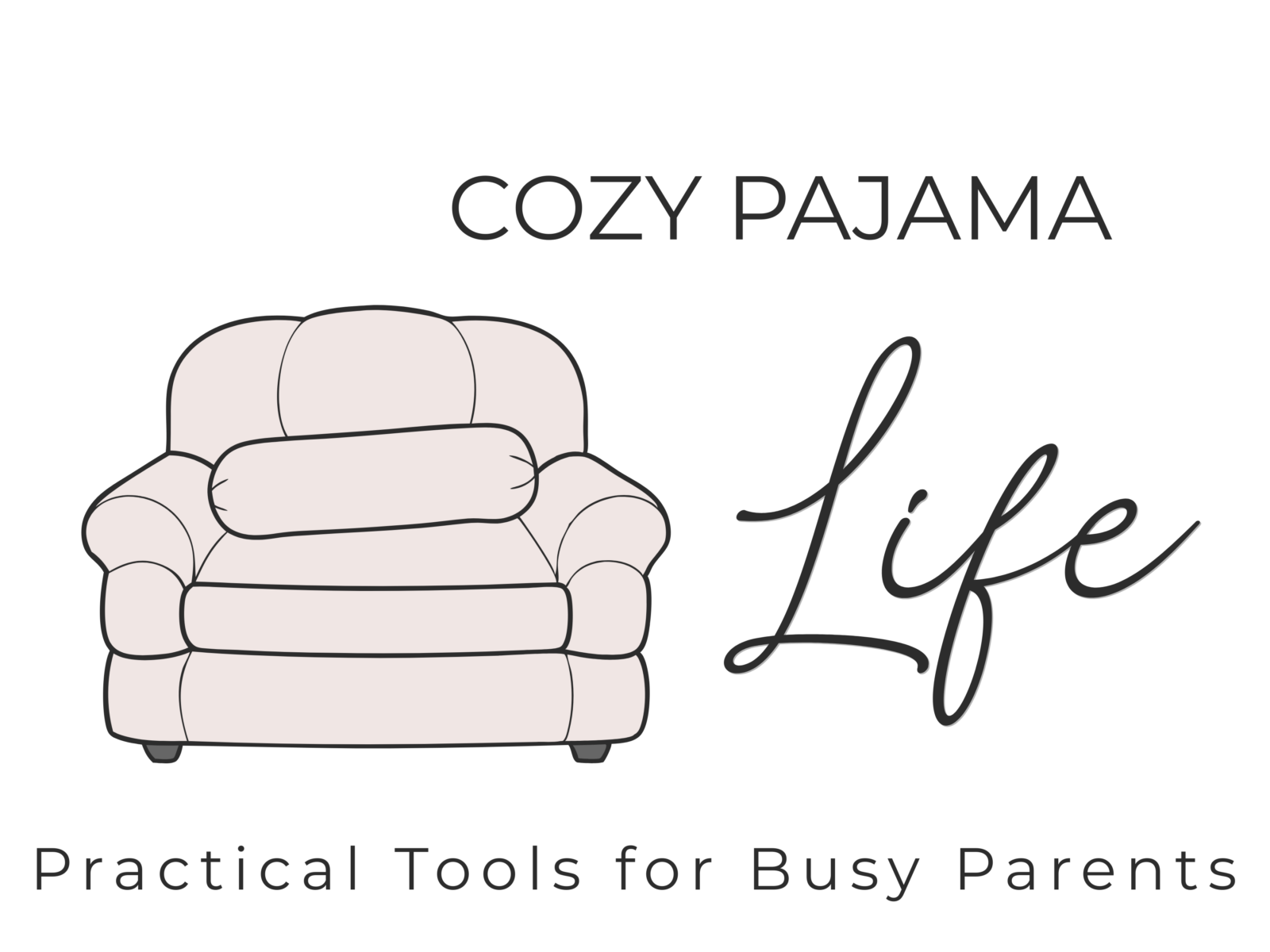Money Lessons I Wish I Knew in My 20s (That Still Apply Today)
When I think back to my 20s, I realize how much money I wasted simply because I didn’t know better.
I worked hard, paid my bills, and thought that was enough.
But if I could go back, I’d give my younger self some serious money lessons—things I learned the hard way about saving, investing, and making smarter financial decisions.
The good news? These lessons still apply, no matter what age you are.
If you’ve ever felt behind or wished you handled money differently, you’re not alone.
Here’s what I wish I had known back then—and what you can start applying today.
1. You Don’t Have to Be Good at Math to Be Good with Money
For the longest time, I thought budgeting meant complicated spreadsheets and intense number-crunching. Since math wasn’t my strong suit, I assumed I’d never be “good with money.”
Reality check: Managing money is more about habits than equations.
- Use a simple budget: The 50/30/20 rule (50% needs, 30% wants, 20% savings) is an easy way to start.
- Automate what you can: Set up automatic transfers for savings and bills.
- Track spending effortlessly: Free apps like Mint or YNAB make it easy to see where your money goes.
If you’ve been avoiding budgeting because it feels overwhelming, just start small. Small steps add up, and consistency matters more than getting everything right from the start.
2. Lifestyle Creep Is Real (and It’s Expensive)
I remember the first time I got a raise—I immediately “rewarded” myself by upgrading my lifestyle. A nicer apartment, more takeout, new clothes. Before I knew it, my extra income disappeared, and I wasn’t saving any more than before.
This is called lifestyle creep—when you increase spending as your income grows.
- Instead of upgrading everything, keep living like you make less and save the difference.
- Set a percentage of every raise (like 50%) to go straight to savings or investments.
- Focus on spending on what truly adds value to your life, not just what looks good on Instagram.
If I had done this sooner, my savings account would have been much healthier.
3. Credit Cards Aren’t Free Money (and Rewards Can Be a Trap)
Credit cards seemed like magic in my 20s. Need groceries? Swipe. Want a vacation? Swipe. I figured I’d “just pay it off later.”
Except later turned into high-interest debt.
Here’s what I learned:
- Rewards points aren’t worth it if you carry a balance and pay interest.
- Credit should be a tool, not an emergency fund. If you don’t have the cash to buy it, reconsider the purchase.
- Pay your full balance every month to avoid paying interest altogether.
Using credit cards wisely means treating them like debit cards—with perks.
4. Saving “What’s Left” Never Works—Pay Yourself First
In my 20s, I told myself I’d save whatever was left at the end of the month. Spoiler: There was never anything left.
The fix? Pay yourself first.
- As soon as your paycheck arrives, automate savings into a separate account.
- Even if it’s just $20 at first, the habit is more important than the amount.
- Set up a high-yield savings account so your money grows faster.
When saving becomes non-negotiable, it stops feeling optional.
5. Expensive Doesn’t Always Mean Better
I used to think higher price tags automatically meant higher quality. Then I learned the hard way that some of my most expensive purchases weren’t worth it.
Example: The overpriced “investment” handbag I barely used. Meanwhile, my cheap-but-sturdy suitcase has lasted years.
Before you splurge:
- Ask yourself if the price reflects value or just branding.
- Use the cost-per-use rule. A $150 coat you wear 100 times is a better deal than a $50 coat you wear twice.
- Wait 24 hours before impulse buying. Most “must-haves” lose their appeal overnight.
Spending wisely is about intentionality, not just affordability.
6. Investing Feels Scary Until You Actually Start
I delayed investing for years because I thought I needed a lot of money or knowledge. Turns out, that hesitation cost me.
- You don’t need thousands to start. Even $10 a month in an index fund adds up.
- Compounding is your best friend. The earlier you invest, the more time your money has to grow.
- Robo-advisors like Betterment or Fidelity Go make investing easy, even for beginners.
The best time to start was years ago. The second-best time? Right now.
7. Emergencies Happen (and They’re Expensive)
Car repairs. Medical bills. Home fixes. I was always scrambling to cover unexpected expenses because I didn’t have an emergency fund.
What finally worked:
- Start small. Even $500 is better than nothing.
- Use a separate savings account so you’re not tempted to spend it.
- Automate deposits so it builds up over time.
An emergency fund isn’t exciting, but neither is stress.
8. Financial Independence Comes from Small, Boring Choices
In my 20s, I thought wealth came from big, flashy moves. Turns out, financial freedom is built on small, consistent habits.
- Spending less than you make. Every single month.
- Investing regularly, even when it’s boring.
- Avoiding debt whenever possible.
It’s not about luck—it’s about choices.
If I Could Go Back, I’d Tell Myself…
You don’t have to do everything perfectly, but starting early makes a massive difference.
If you feel behind, don’t panic. Just start where you are:
- Pick one lesson from this list and apply it today.
- Automate savings or start investing (even a little).
- Adjust one spending habit to align with what actually matters.
Every small step adds up. Your future self will thank you.
What Money Lessons Do You Wish You Knew Sooner?
We’ve all had those “I wish I knew this earlier” moments when it comes to money. Whether it’s a small habit that made a big impact or a financial mistake you learned from, I’d love to hear your thoughts!
Drop a comment below with the best money lesson you’ve learned—your experience might help someone else avoid the same pitfalls.


